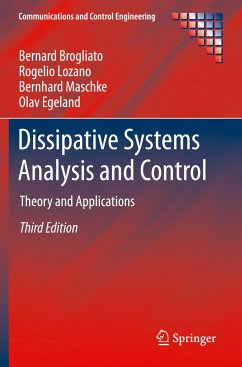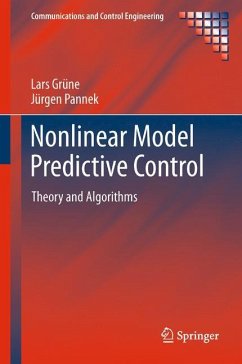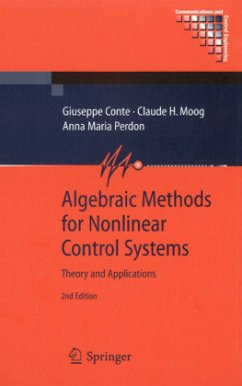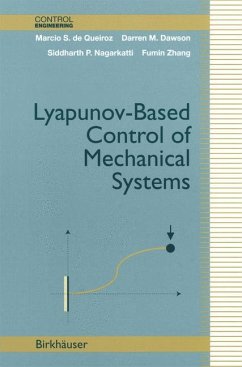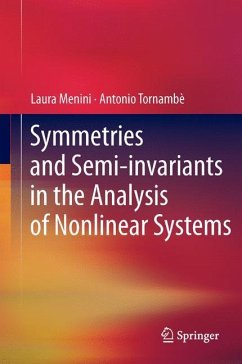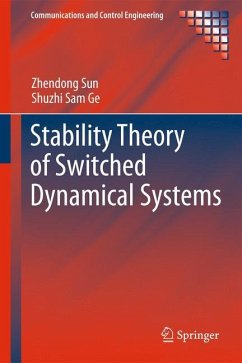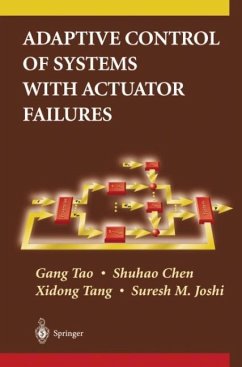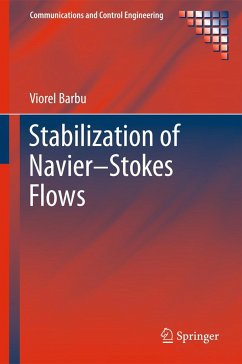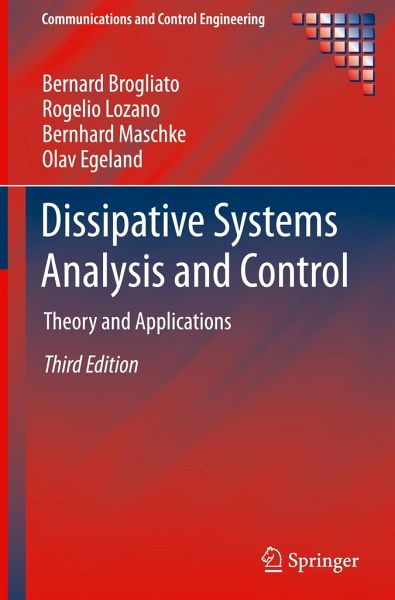
Dissipative Systems Analysis and Control
Theory and Applications
Versandkostenfrei!
Versandfertig in 6-10 Tagen
130,99 €
inkl. MwSt.
Weitere Ausgaben:

PAYBACK Punkte
65 °P sammeln!
The third edition of the now standard Dissipative Systems Analysis and Control presents a revised and expanded treatment of dissipative systems theory, constituting a self-contained, advanced introduction for graduate students, researchers and practising engineers. It examines linear, nonlinear and nonsmooth systems, with many examples in each chapter; occasional infinite-dimensional examples are also included. Throughout, emphasis is placed on the use of the dissipative properties of a system for the design of stable and robust feedback control laws or state observers. The theory is substanti...
The third edition of the now standard Dissipative Systems Analysis and Control presents a revised and expanded treatment of dissipative systems theory, constituting a self-contained, advanced introduction for graduate students, researchers and practising engineers. It examines linear, nonlinear and nonsmooth systems, with many examples in each chapter; occasional infinite-dimensional examples are also included. Throughout, emphasis is placed on the use of the dissipative properties of a system for the design of stable and robust feedback control laws or state observers. The theory is substantiated by experimental results and by reference to its application in illustrative physical cases (Lagrangian systems, passivity-based and adaptive controllers are covered thoroughly).
The third edition is substantially updated to accommodate new material within the existing chapter structure. The additions include:
· the introduction of negative imaginary transfer functions;
· the design of stable state observers that use passivity as a tool for their stability analysis;
· a new section on robust set-valued control of uncertain Lagrangian systems;
· extended section on discrete-time systems, especially the preservation of dissipativity after discretization;
. a thorough treatment of nonsmooth set-valued Lur'e systems well-posednees and stability;
. an extended chapter on the Kalman-Yakubovich-Popov Lemma; and
. over 1000 references.
The third edition is substantially updated to accommodate new material within the existing chapter structure. The additions include:
· the introduction of negative imaginary transfer functions;
· the design of stable state observers that use passivity as a tool for their stability analysis;
· a new section on robust set-valued control of uncertain Lagrangian systems;
· extended section on discrete-time systems, especially the preservation of dissipativity after discretization;
. a thorough treatment of nonsmooth set-valued Lur'e systems well-posednees and stability;
. an extended chapter on the Kalman-Yakubovich-Popov Lemma; and
. over 1000 references.




